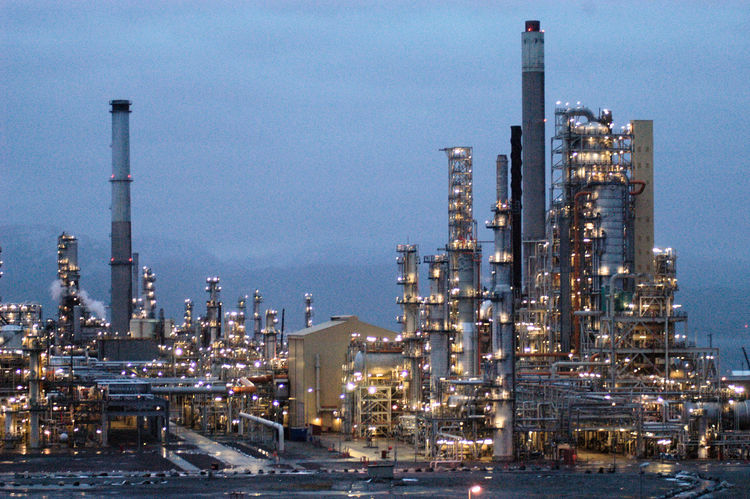Markets
Oil Output: FG Abandons Four-million-barrel Target

Energy
Egypt Increases Fuel Prices by 15% Amid IMF Deal
Crude Oil
Oil Prices Rise on U.S. Inventory Draws Despite Global Demand Worries
Commodities
Economic Strain Halts Nigeria’s Cocoa Industry: From 15 Factories to 5
-

 Billionaire Watch3 weeks ago
Billionaire Watch3 weeks agoWarren Buffett Donates $5.3 Billion in Berkshire Shares to Charities
-

 Startups4 weeks ago
Startups4 weeks agoFormer Konga CEO Nick Imudia Dies by Suicide in Lagos Home
-

 News4 weeks ago
News4 weeks agoJoke Silva Quashes Death Rumors, Confirms Olu Jacobs is Alive
-

 News4 weeks ago
News4 weeks agoNorth Israel Turns Into Ghost Towns Amid Hezbollah Missile Barrage
-

 Bitcoin4 weeks ago
Bitcoin4 weeks agoBitcoin Slumps 13% in Q2, Prompting Investor Concerns
-

 Naira4 weeks ago
Naira4 weeks agoNigeria’s Foreign-Exchange Woes Intensify with Prolonged Naira Decline
-

 Forex3 weeks ago
Forex3 weeks agoNigerian Banks Face Sanctions for Rejecting Small and Old US Dollar Notes
-

 Treasury Bills4 weeks ago
Treasury Bills4 weeks agoCBN Treasury Bills Auction Oversubscribed by 338%, Raises N284.26bn

























